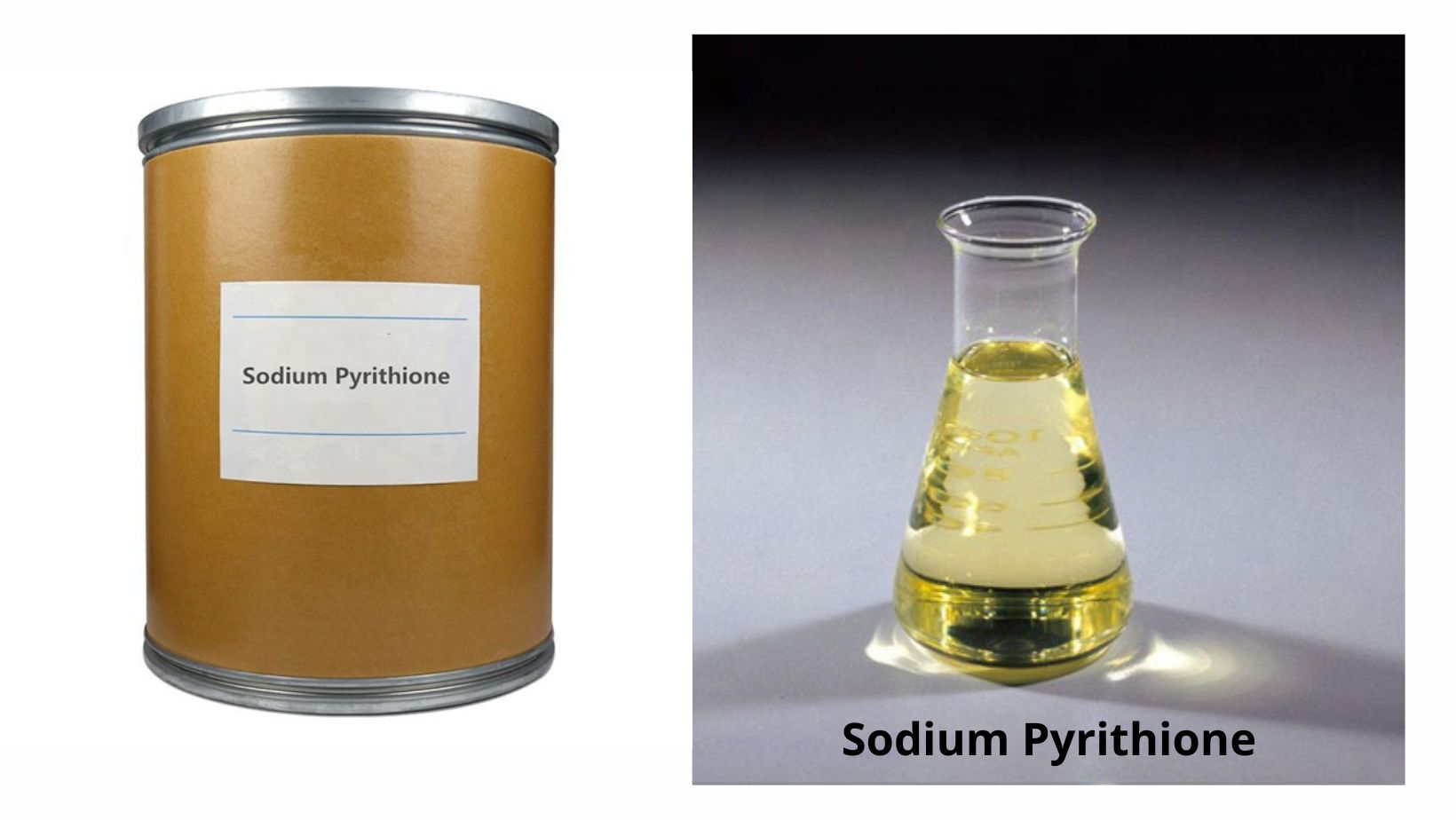Queenly likes to share her knowledge of society with others. She is always reading up on the latest news and trends, so she can provide insights and perspectives that help people understand the world around them. Coreen is a great listener, and she loves to help people grow and develop.

Organic chemistry has contributed to the welfare of the mankind for ages. The human labs are constantly bubbling chemicals which can be the reason for a fruitful change. The discovery and formulation of chemicals bearing antimicrobial properties are of great worth. One such brilliant chemical is sodium pyrithione.
This blog post takes you on a stroll to learn how wonderful Sodium Pyrithione is. Click on https://www.irochemical.com/product-detail/spt/ to know more about this chemical.
What Is Sodium Pyrithione?
Sodium pyrithione is an organosulfur compound represented by the chemical formula C5H4NNaOS. Pyrithione is a derivative of aspergillic acid. Also known as sodium imagine, this active and strong chemical is a declared biocide. It has numerous applications in the commercial industry, which narrow down to medicines, household, and others.
Properties of Sodium Pyrithione
Sodium pyrithione has several other titles, such as 2-Mercaptopyridine N-oxide sodium salt.
This antimicrobial agent exists either as white power or transparent yellow liquid. This stunning chemical has a profile characterized by low toxicity, broad-spectrum, stability, and high efficiency.
Sodium pyrithione remains stable in the dark and at room temperature between a pH of 4.5 to 9.5. Its stability is subjected to change with an increase in temperature. The chemical remains stable for 120 hours at 100-degree centigrade. At 150 degree centigrade, 29% of the compound decomposes within 48 hours.
It is highly soluble in different solvents, such as ethanol and water. Its solubility contributes a lot towards its effectiveness as a biocide as the biocide interferes the membrane transport, and the organism loses metabolic control. The solubility enables it to reach the membrane conveniently and does what it is known for.
It is a broad-spectrum antimicrobial capable of limiting microbes. It can inhibit the growth of fungi and gram-negative and gram-positive bacteria.
Uses
Being a growth inhibitor of bacteria and fungi, it is extensively used in industrial and household products. It is one of the best water-soluble antimicrobial mold preservatives.
The household products containing Sodium pyrithione are shampoos, hair care products, surface cleaners, cosmetics, and laundry.
This chemical is a notable name in rubber, textile and, leather, paint. Its use in architectural coatings, adhesives, sealants, and working fluids industries. Its use in adhesive as an antimicrobial agent is brilliant. It is even used in the adhesive of paper towels to dissolve fatty acids.
Sodium pyrithione covers the pharmaceutical side as well. It is used to formulate broad-spectrum antifungal dermatological products. The potent antimicrobial properties of the chemical are used to manufacture detergents and preservatives.
The agricultural industry has found solace in sodium pyrithione. This excellent chemical is utilized to manufacture fungicides for peanuts, wheat, vegetables, and fruit trees.
The silk industry has got its fair share, and this organosulfur compound is used as a preservative for silkworms.
Conclusion
Sodium pyrithione is a remarkable organosulfur compound gracefully covering the household and industrial side. It is extensively used for different purposes. This yellow transparent liquid is known for its antimicrobial and fungicidal properties. It is a broad spectrum, efficient, stable, and less toxic.
Remaining stable at room temperature, it offers a vast ground for manufacturers to use its unmatchable properties in different products.
